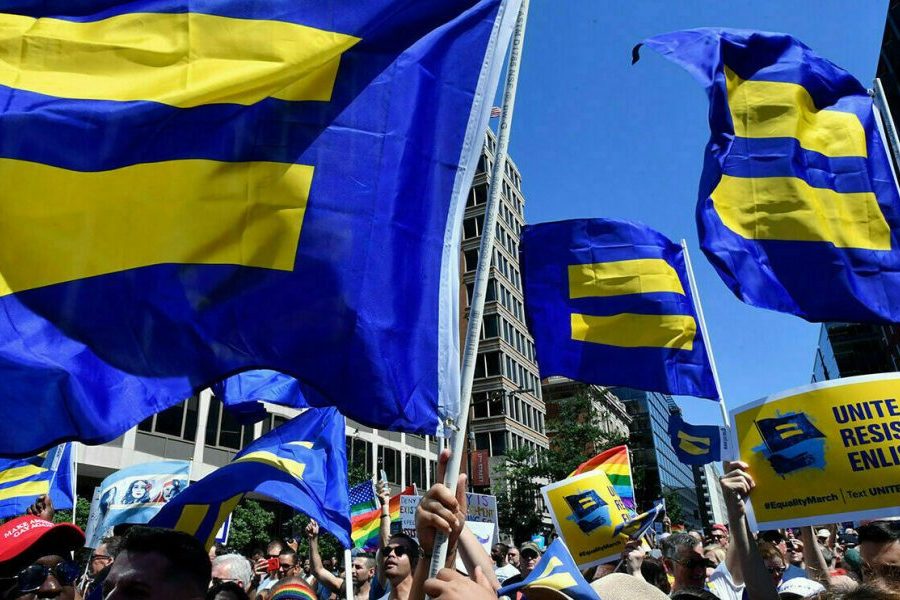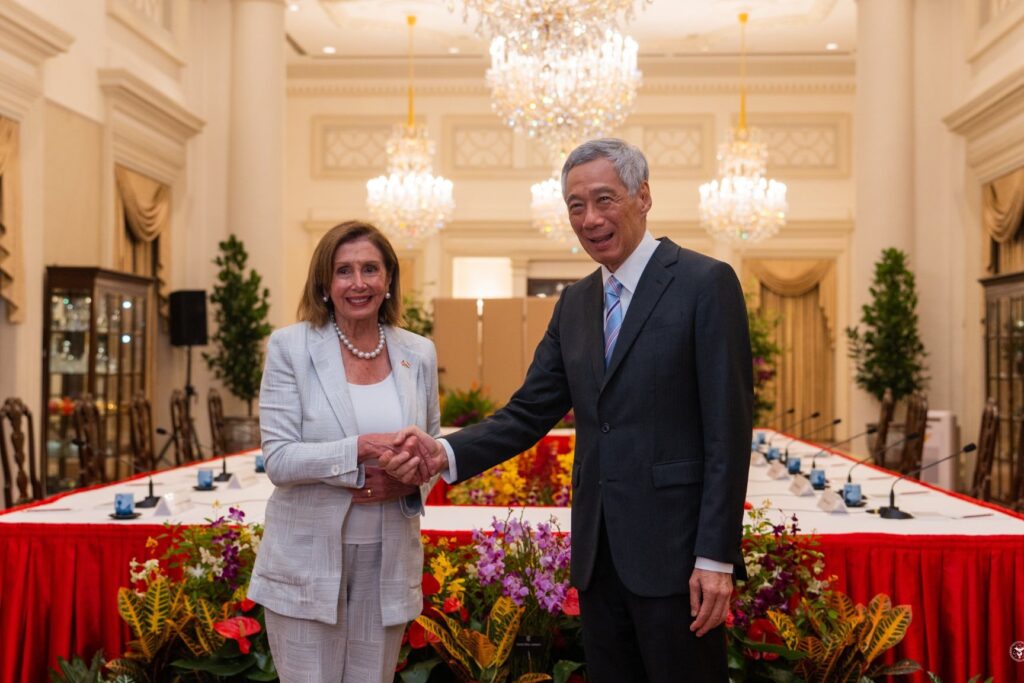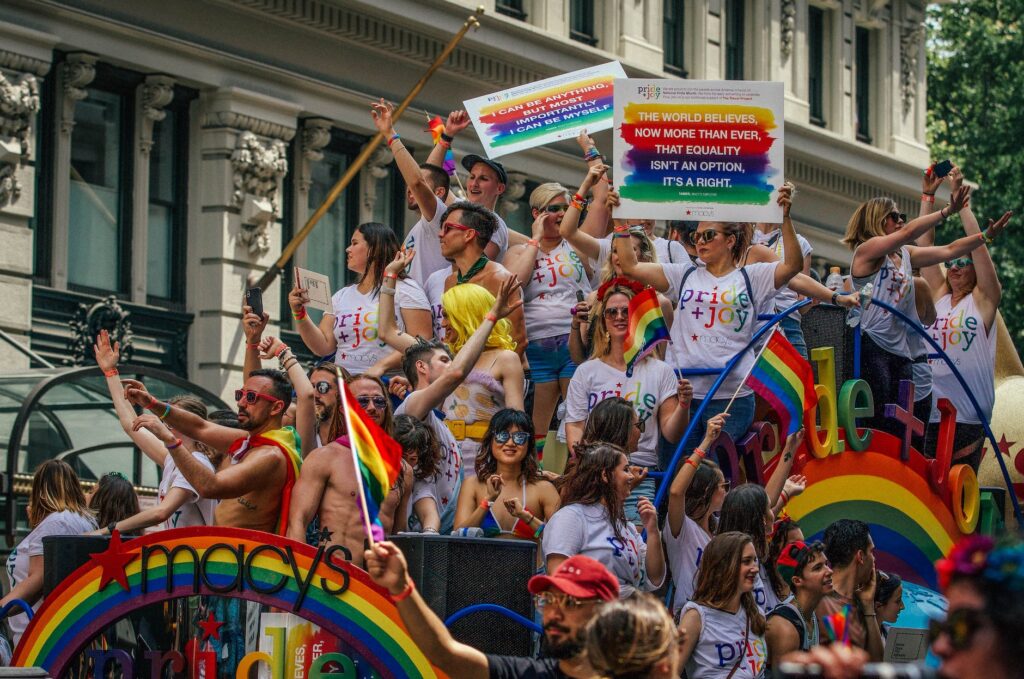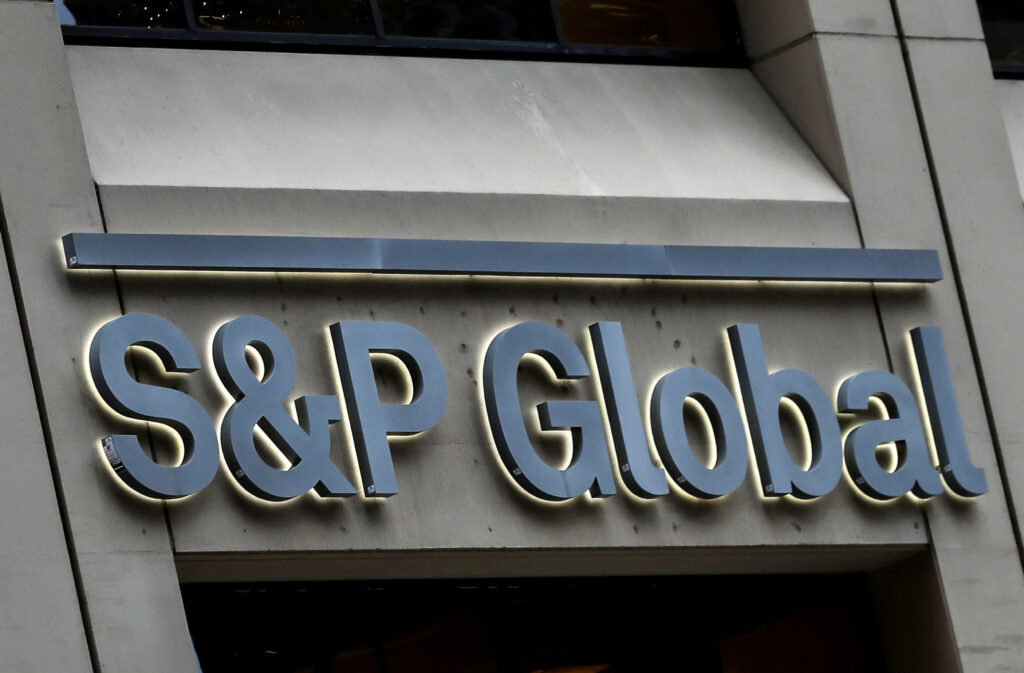Know Your Rights
The Tripartite Alliance for Fair and Progressive Employment Practices (TAFEP) has established Guidelines for workplace fairness [1].
TAFEP’s Guidelines are authoritative as TAFEP was founded by the Ministry of Manpower, National Trades Union Congress, and Singapore National Employers Federation to promote the adoption of fair, responsible and progressive employment practices.
Employees should hold employers to these standards to ensure that their cultures, values and beliefs are respected in the workplace.
If you face discrimination, these are steps you may take: (1) Report to your immediate supervisor, (2) Report to HR, (3) Report to TAFEP, (4) Seek legal advice and consider legal action in court.

TAFEP Guidelines for Workplace Harmony
“Employers should be sensitive to the diverse cultures, values and beliefs of their employees when developing, promoting or implementing events, programmes and policies that are not related to work.”
Employers should respect your values and beliefs. Examples of discrimination may include:
- Organising events that demean religious or cultural groups
- Labelling your beliefs as “archaic”, “bigoted”, “homophobic” or “transphobic”
- Pressuring you to disclose and use preferred pronouns
- Decorating the entire office with ideological symbols without consideration for spaces where employees who disagree can feel safe
- Disinviting speakers for holding your values and beliefs
“Support for any cause should not lead to bullying, harassment or ostracism at the workplace in any circumstances. Employers should provide employees with a safe environment to raise their concerns, including through a proper grievance handling process.”
Employers should be sensitive to unintended consequences when allowing any cause to be promoted in the workplace. Examples may include:
- Singling out employees who do not support political causes, LGBTQ ideology or religious ideas by giving them separate lanyards, name tags and other public identifiers.
- Requiring “diversity training” or “sensitivity training” that pressures employees to adopt controversial ideologies in the workplace.
Employers should also protect employees’ channels for safe grievance handling. Examples may includes:
“Employees should be assessed for performance, promotion and related areas based only on work-related requirements, as stipulated in these guidelines.”
Employers should not evaluate employees on conformity to certain values and beliefs. Examples may include:
- Organising and attending events for political causes, LGBTQ ideology, “sensitivity training” or religious ceremonies
- Promoting political causes, LGBTQ ideology or religious ceremonies in marketing and internal communications
- Adherence to biased metrics like the Corporate Equality Index
“Employees should not be required or pressured to participate in events and programmes that are not related to work. Non-support or non-participation should not affect their employment outcomes.”
Employers should not enforce participation in non-work matters when it violates your conscience. Examples may include:
- Organising or attending political events, Pride month celebrations or religious ceremonies.
- Conducting work-related announcements and reports during non-work events, thereby inconveniencing employees who do not attend.
“Employers should continue to demonstrate and communicate the importance of an inclusive and harmonious workplace.”
Employers should continually appreciate Singapore’s cultures, values and beliefs. Examples may include:
- Budgets for diversity and affinity programmes should be fairly distributed across affinity groups, including ethnic, ability, generational and religious groups.
- Workplace diversity councils should promote Singapore’s diverse cultures and traditions and not disproportionately cater to any political cause.
- Diversity and sensitivity trainings should promote cultural and viewpoint diversity.
Share an Incident with Us
If you have experienced workplace discrimination, we want to journey with you through the reporting process. This process might include reporting to any number of these:
- Your Immediate supervisor
- Your Human Resources Department
- TAFEP
- Legal Support






